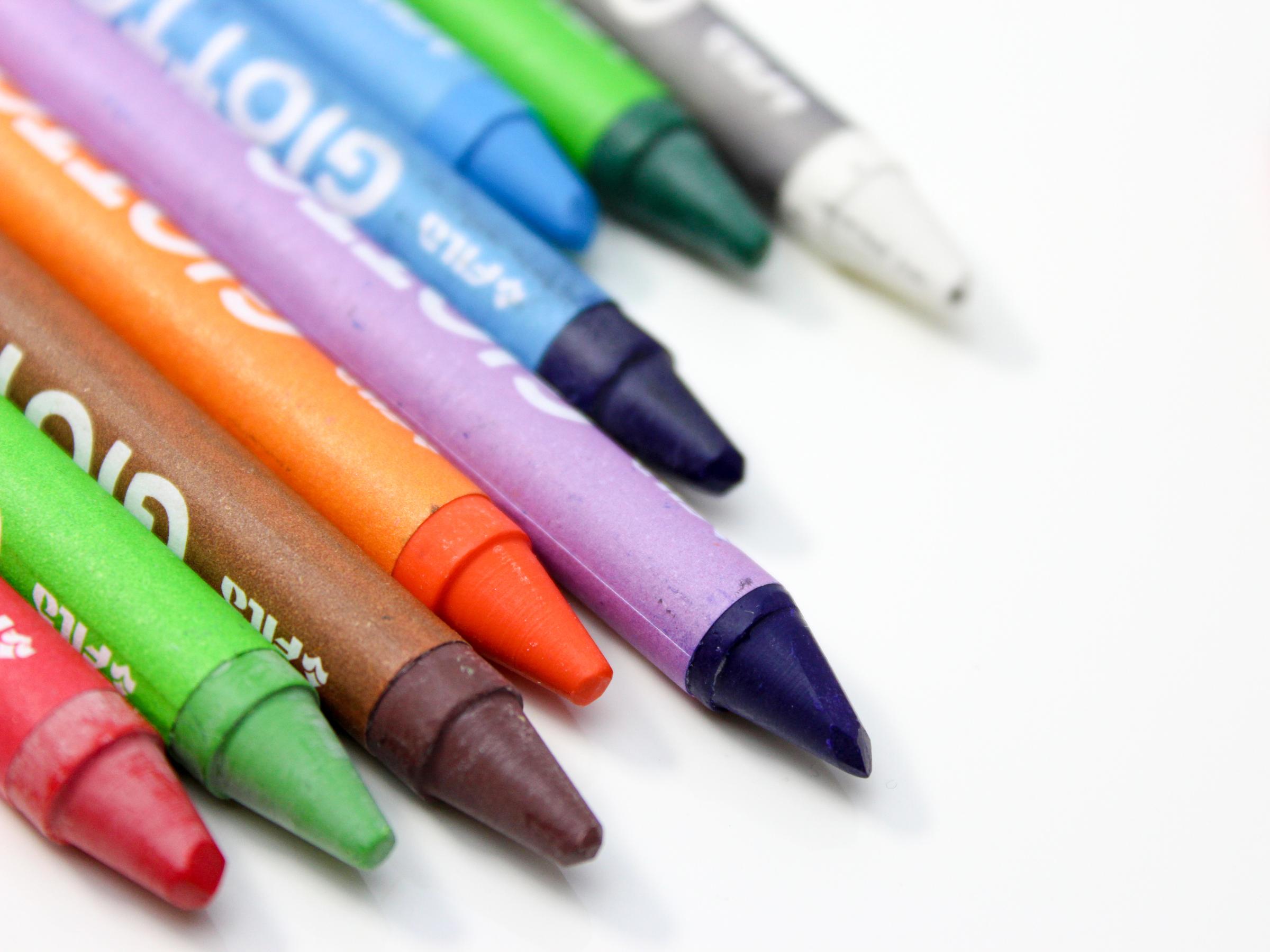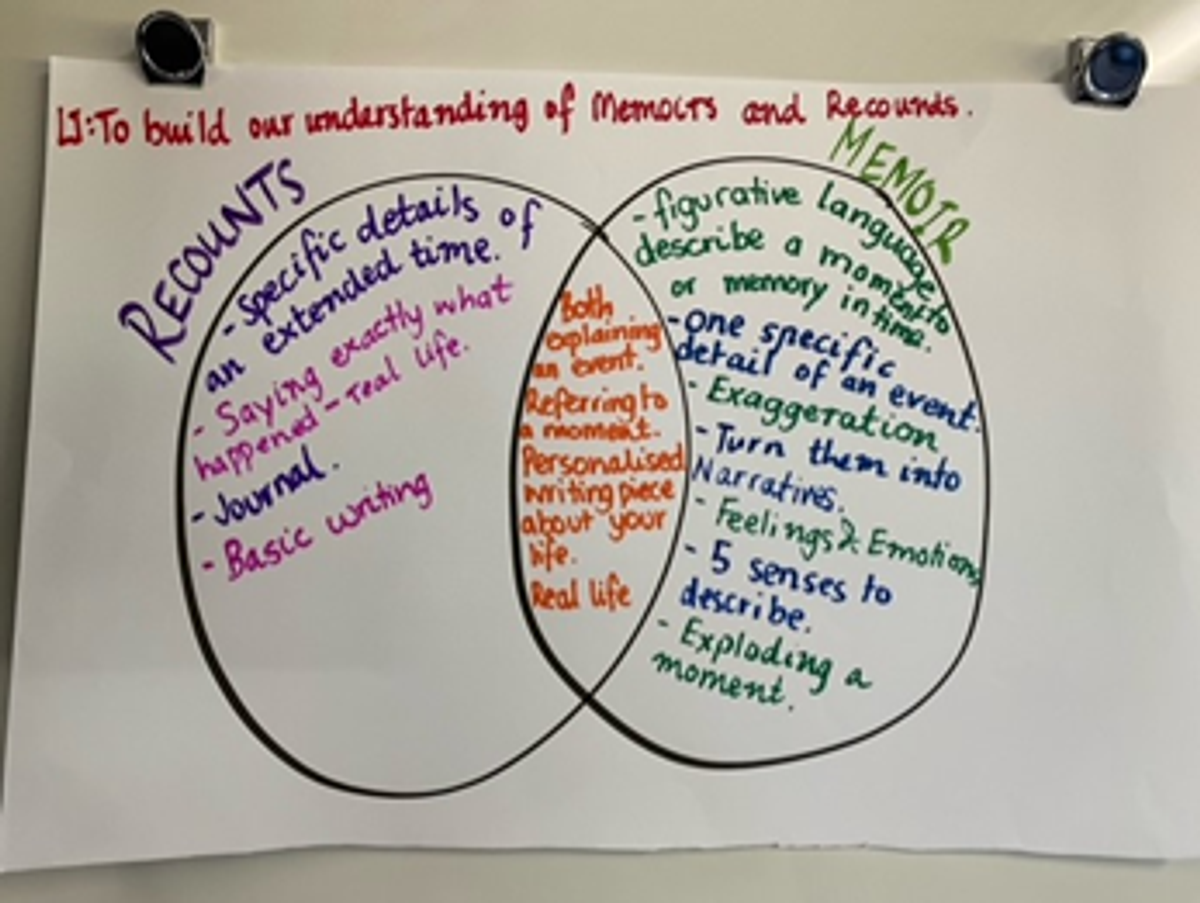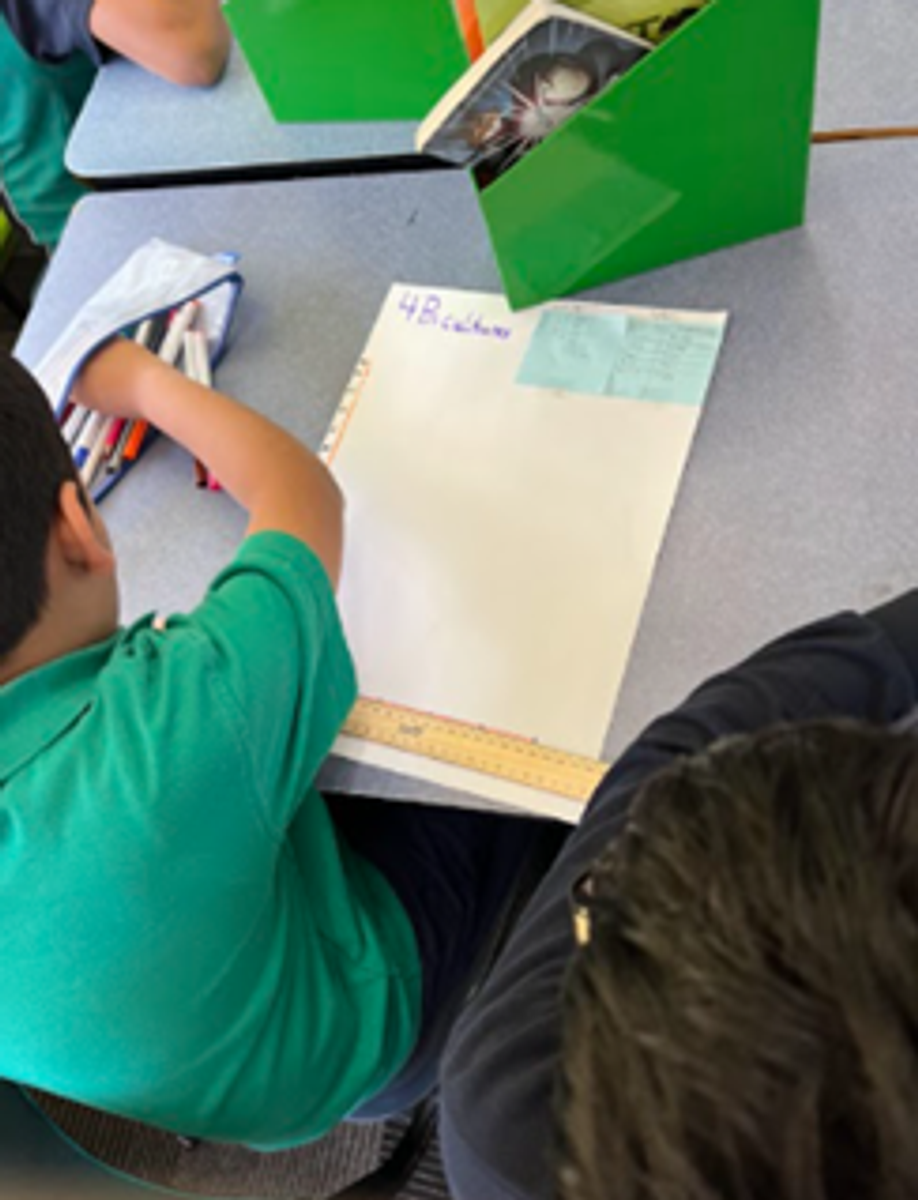Term 1

Inquiry
In our Inquiry learning this term, learners will be exploring the question ‘How do we manage outside influences on our health?’, through the lens of Health and Personal and Social Capabilities. The learners will be investigating Emotional and Mental health from a Personal, Local, National and Global scale. Learners will have the opportunity to gain an understanding of self and others by unpacking topics such as habits and influences, and their impact on wellbeing, managing emotions, community support, and building connections.
A key element of our inquiry will also involve thinking deeply about our Global Goal ‘Good Health and Wellbeing’ and transferring this into daily life. Learners will be unpacking ‘What is Good Health?’, how we can ensure healthy lives, and promoting wellbeing for lifelong skills. We look forward to encouraging your children to think broadly about the concepts of wellbeing, as well as developing deep questions to investigate further.
To support your child’ inquiry learning at home, you could:
- Share strategies or practices that you use to promote mindfulness, positivity and health.
- Cook a healthy and balanced meal together and sit around the table together to enjoy it.
- Talk about role models and people you admire, and reflect on the values they possess which inspire you to grow and be your best.
- Encourage positive self-talk, self-compassion and praise at home.
Share lessons learnt of times when you overcame challenges or struggles that have strengthened you.
Social and Emotional Learning
Through the Glen Waverley Primary School Social and Emotional program, ‘You Can Do It!’, our overarching themes for Term 1 in Level Four will be Getting Along and Resilience. We will be supporting our learners in transferring our YCDI Keys to Success (Confidence, Persistence, Organisation, Getting along and Resilience) and our School Values (Integrity, Respect, Initiative and Global Empathy) into our inquiry topic and their general wellbeing. Integrating our inquiry learning with our social and emotional learning will provide exciting and powerful opportunities for our learners to create deep connections, as well as reflect on our school values which we all aspire to utilise and drive our daily life.
Reading
During Term One, our Year Four learners will have the opportunity to apply and engage in various Reading strategies and track their thinking whilst reading, through making “Thinking Tracks” with their ‘Good Fit’ books. “Thinking Tracks” are student thoughts and ideas that are recorded before, during, and after reading. The students will stop, think, and respond to the text by jotting down their individual questions, connections, reactions, opinions, inferences, and anything else that would come into their minds.
They will be analysing different texts, such as comparing memoirs and recounts. They will determine the purpose of memoirs and how they are created through figurative language and meaningful memories that connect to their emotions. Our students will explore a variety of ways to engage the reader through different narratives. We will build a deeper understanding of the author’s purpose and strategies they have used in these text types, to effectively transfer this to their own writing pieces and support their own authorship in their writing.
To support your child with their reading at home, here are a few strategies:
- Ask your child what reading strategy or CAFE goal they have used whilst reading their ‘Good Fit Book’.
- Ask your child to note their ‘Thinking Tracks’ whilst reading their ‘Good Fit Book’.
- Ask your child questions about the books that they are reading. ‘What’s the problem in the story?’ ‘What is the main idea?’ ‘Can you retell the story to me?’ ‘What do you think the character is feeling and why do you think this?’ Etc.
- Ask your child about their CAFE reading goal and the strategies they have been utilising to achieve their goal.
Writing
Our focus this term is to continue to deepen student authorship, by developing new techniques and writing strategies to create meaningful memoirs and narratives. When writing memoirs, the learners will be required to think about a memory or moment in their lives that has shaped their identity and expand this moment in their writing. They will build depth in their writing through using their five senses, figurative language and other strategies, which will be transferred through reading sessions. During narrative writing their creativity will deepen through the use of different writing techniques. They will continue to plant seeds considering moments and memories they hold dear, through the planning stage of their writing and use these to build clarity and richness in their narratives. The students will draft their stories, edit their writing and publish their learning pieces, with the use of digital technologies.
Here are a variety of ways to support your child at home:
- Help brainstorm ideas about their favourite moment or memory they have had, focusing on why it was so pivotal to them. Ensure it is something recent, so they can remember and feel the emotions they had during that time.
- Discuss what the five senses are as a continuation from in class, and how they can use them in their writing pieces (feel, see, hear, smell and taste).
- Ask your child what their favourite themes or genres are when writing stories and why? (horror, comedy, fairy-tales, etc)
- Discuss ways authors help their readers visualise an image in their minds by their word choice. For example using the phrase ‘he was deeply horrified’; what does the author want the reader to feel when they use this?
Spelling
In Spelling, learners will continue to build on their self-regulation as they identify their personalised spelling needs in their writing, analyse these words through a spelling inquiry and apply these new words in their Home Learning and Writing pieces.
Depending on cohort misconceptions using student writing samples, the Level Four Team will plan and teach different spelling focuses each week. This will allow learners time to inquire and investigate various sound blends, spelling patterns, history/root origin (etymology), generalisations and exceptions.
Mathematics
In Mathematics, learners will deepen their thinking in a range of mathematical concepts, relating to Number and Algebra. We will begin by further exploring place value as this is a pivotal foundation for our learners in order to reach success in other areas of Mathematics. For example, the children will learn:
- How to rename and decompose numbers
- Apply place value to solve problems using the four operations
- Continue to develop strategies to utilise the four operations, using larger numbers
- Continue understanding of the relationship between the four operations
- Developing additional strategies to accurate calculate more complex problems using the four operations
- The term will conclude with open-ended investigations into Term One concepts, created and designed by the students
Below are some examples of strategies you can use to support your child at home:
- Practice using correct place value language when noticing decimals in your environment such as petrol prices and in the supermarket e.g.: Petrol is $1.34 per litre – read the decimal as one and 34 hundredths or one and 3 tenths and 4 hundredths
- Breaking down numbers that are seen while out – 10.45 is the same as one ten, 4 tenths and 5 hundredths
- Converting measurements when cooking eg. 500g is the same as 0.5kg






